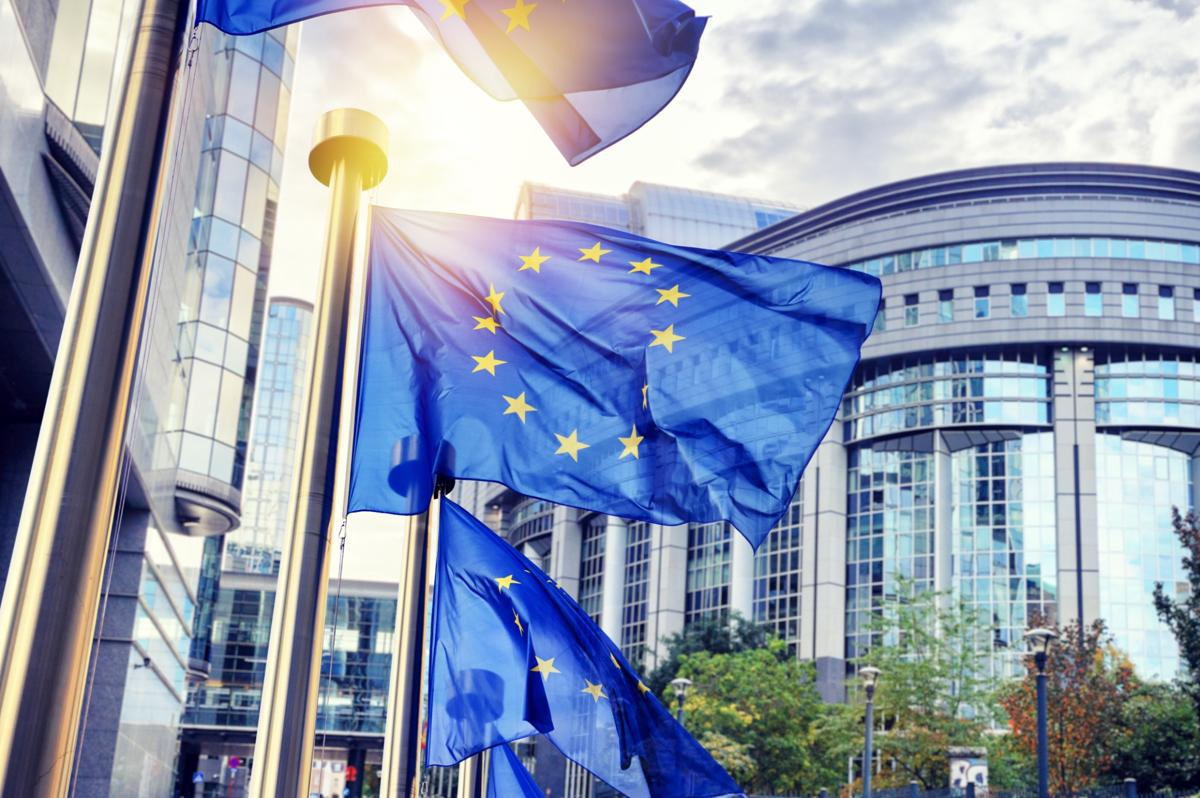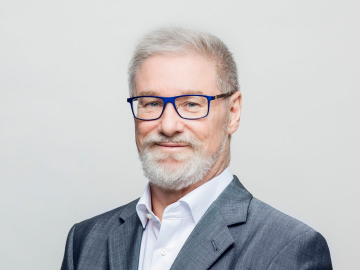Navigating multipolarity – How Europe can harness shifting global power structures for economic growth and stability

This is partially the result of a fundamental shift in the global order: The rise of China, the assertiveness of Middle Powers, and the fragmentation of the Western consensus have eroded the predictability of the international system. In addition, non-state actors and multinational corporations have more influence than ever.
The result is a multipolar world in which power is increasingly distributed among different actors – a development that raises pressing questions about the future of the international system. What will the rules-based international order look like? Will short-term transactionalism overshadow long-term alliances? And will plurilateral agreements replace multilateral agreements as a framework for decision-making?
We are currently in the process of redefining the rules for this new global order – rules that will shape the decades to come. The world is changing rapidly. Europe must do the same to keep up.
I believe that adapting to a multipolar system requires Europe to focus on four key areas: economic strength through innovation, diversification, defense, and democracy.
Embracing investment and innovation
Innovation is key to maintaining economic and political power in an age defined by technological competition. Europe lags behind China and the United States in several key technologies. To change that we need to create the right conditions to invest in Europe and deepening the single market to unlock the scale and capital needed. Completing the so-called Savings and Investment Union is an imperative.
But we also need to be faster. We need to invest and innovate, rather than to regulate. Deregulation is critical if the European Union is to remain globally competitive – and not just in terms of technology. Increasing agility and simplifying bureaucracy – particularly for small and medium-sized enterprises – is essential to attract investment and promote innovation.
Promoting diversification
The past years have shown that national security concerns and the negative sides of dependencies on other countries are becoming more real. Examples are dependencies in energy, rare earth or semiconductors. To remain resilient, the European Union must build strategic, interest-based alliances and deepen ties with diverse countries and regions.
Boosting defense
Russia’s war in Ukraine and America’s changes in foreign policy have also demonstrated the urgent need to strengthen Europe’s defense capabilities by increasing investments, accelerating innovation, and streamlining European foreign and defense policy. Initiatives like the Permanent Structured Cooperation (PESCO) and the European Defence Fund play a key role in this context.
Enhancing democracy
A multipolar world presents many challenges for Europe, but it also provides tremendous opportunities. In a fragmented geopolitical landscape, trust and reliability will become prized assets. With its strong values, dependable institutions, and integrated economy, the European Union can position itself as a stabilizing force in an increasingly unpredictable environment.
Many of the necessary changes require both a political commitment as well as a democratic support. As a democracy Europe must demonstrate that it has real benefits for its citizens, which is why it must act now – swiftly and decisively. Falling back into national solutions is certainly not a comprehensive answer in this increasingly geopolitical environment. Only a united Europe will be able to shape Europe’s destiny. I have no doubt that if we act now, Europe can maintain peace and prosperity – for the next 72 years and beyond.
Are you interested in our faculty's research?
Learn more about our diverse faculty, top research, and upcoming faculty events
Want more on growth and empowerment for Europe?
